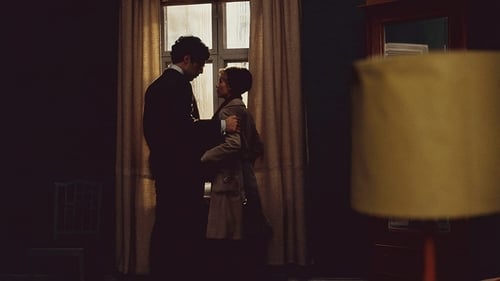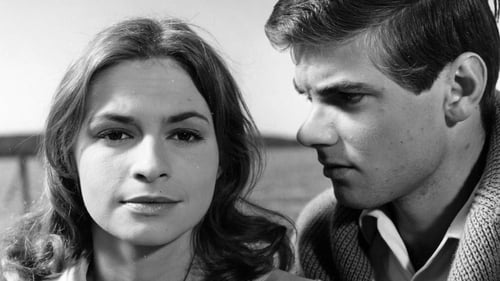
Anna Månsdotter
This is the story of Anna Månsdotter who was executed on the 7th of August 1890 in Kristianstad county prison. She was the last female ever to be executed in Sweden.

Anna's Mother
Children as real human individuals with the difficulties this involves. Anna and Peiter are 11 years old. Peiter's parents are divorced. Only for one week a year does he live with his father, on the same island as Anna. The children have been friends for years. But this year (because of beginning puberty?) they have difficulty in getting in real touch. Day after day they fail. - Outside a café Peiter boasts that he can do everything. Anna tells him to fetch the thing she is thinking of. He goes inside, asks a guest to rise and brings his chair to Anna. This was indeed the right thing, and this chair will re-appear in other scenes. Another day Peiter boasts that he is not afraid of being locked up in a desolate tower for a few hours. Anna closes the lock on the outside. But her parents prevent her from going out again and Peiter remained alone in the tower for the entire night. -Finally all seven days have gone and the gap that prevented full contact is still not closed.

Nurse
A Swedish housewife begins an adulterous affair with a foreign archaeologist. But he is an emotionally scarred man, a Jewish survivor from a concentration camp, consequently, their relationship will be painfully difficult.

Bessie Blatt
The first play in a trilogy by Arnold Wesker. The Hungarian-Jewish immigrant Sarah Kahn firmly holds her family in London's East End. She is also the center of power for the socialist engagement of the family, which is being tested by the events of Eastern Europe after the war.

Lena, Frejers dotter
Hugo Frejer terrorizes his family and surroundings with his unhappy mood.

Eleonora, Hennes Dotter
A family in crisis during the holiday of Easter



